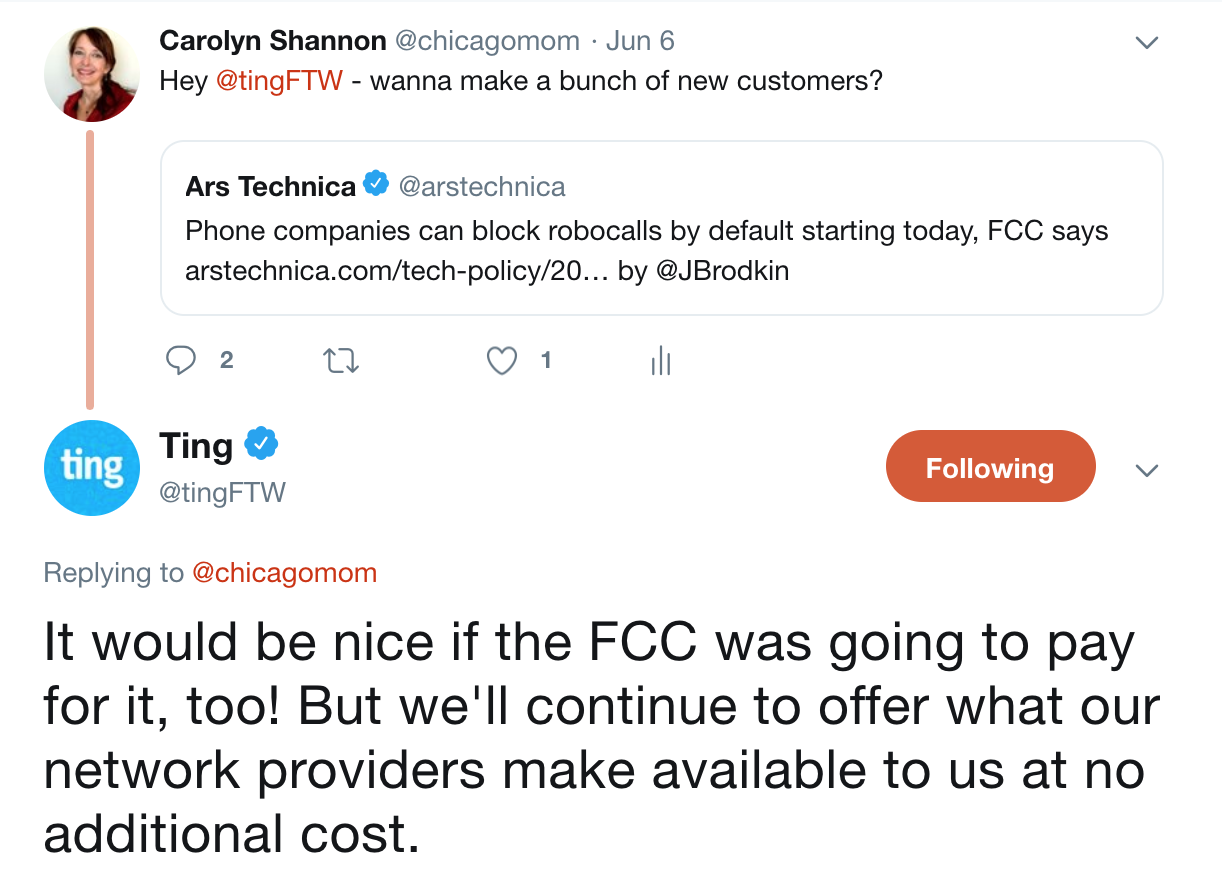How we can protect older relations from financial scams (#100)
Nearly everyone I know has an elderly relation that has fallen prey to a scam.
In some cases it’s been financially devastating. In every case there’s shame, and for the 44 million US caregivers left to clean up the mess there’s enormous amounts of work, often conflict, and stress. We need to do better here, and we can.
The U.S. Department of Justice estimates $3 billion is stolen from elderly Americans every year. According to the FBI, con artists target older people, especially because they have resources and may struggle to evaluate whether something is a scam.
This week, the Federal Communications Commission (FCC) passed a new rule allowing phone companies to auto-block robcallers and known scammers by default. This protection is sorely needed; scams account for over 60% of all the complaints the FCC gets each year.
But the FCC rule didn't go far enough, because it’s not mandated and doesn’t provide funding to implement it.
It’s clear phone companies aren’t going to give away this feature, or even universally implement it, despite the FCC noting the "opt-in by default” approach saves phone companies money.
This is bad news for older adults and their caregivers.
To make matters worse, last month the Trump Administration implemented a new rule allowing debt collectors to flood consumers with abusive and threatening debt collection calls and texts. In 2018, consumers filed over 500K complaints about these. It’s clear vulnerable and impaired older adults will suffer the most.
We know our older population falls prey to $3 billion in scams. And we know they are more vulnerable to these scams and robocalls. This week, the National Institutes of Health (NIH) reported findings of a new study on our ability to evaluate scams as we age. Researchers asked five “scam awareness” questions, especially targeting phone scam evaluation in their questions, and older adults’ ability to end a questionable phone call.
They concluded that social cognition, our ability to make judgements about whether something is a scam or not, often declines long before we show memory problems. This means vulnerable older adults make easy prey for scam artists and pressure tactics, and may become victims long before family members recognize any signs of dementia or Alzheimers.
As a vulnerable population, seniors deserve protection. That should include both funding and requiring phone companies to implement auto-blocking.
Financial abuse of the elderly is an enormous problem that has life-or-death impacts. Requiring and funding auto-blocking of known phone scammers and robocallers would have a measurable impact on their lives. Let’s get this done.






